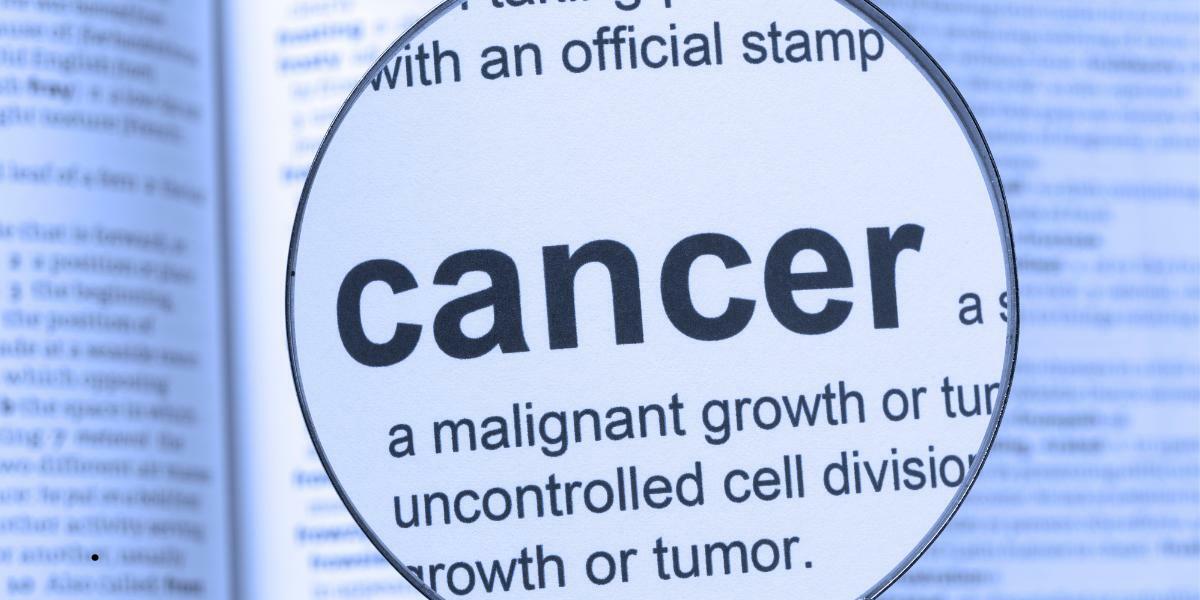Foods That Feed Cancer , and What to Eat Instead
By Sarah's Village

Cancer thrives in environments created by chronic inflammation, imbalanced blood sugar, poor detoxification, and nutrient deficiencies. What we eat plays a huge role in either feeding cancer or fighting it.
Let’s break down the foods that feed cancer, the ones that help protect against it, and why it’s so critical to make the right choices.
FOODS THAT FEED CANCER
These foods create conditions that help cancer cells grow and spread:
1. Sugar and Refined Carbs
- Why they’re harmful: Cancer cells consume glucose (sugar) at a much higher rate than normal cells. Spiking blood sugar levels also leads to more insulin and IGF-1, hormones that promote tumor growth.
- Examples: Candy, white bread, pastries, sodas, breakfast cereals, and pasta made with white flour.
2.Processed Meats
- Why they’re harmful: Bacon, deli meats, sausage, and hot dogs often contain nitrates and nitrites, which have been linked to colorectal and stomach cancers. Processed meats are classified as Group 1 carcinogens by the World Health Organization.
- Examples: Ham, pepperoni, salami, jerky, and smoked meats.
3.Industrial Seed Oils (Omega-6 fats)
- Why they’re harmful: These oils are pro-inflammatory and can damage cell membranes. Chronic inflammation is one of the driving forces behind many types of cancer.
- Examples: Soybean oil, corn oil, cottonseed oil, canola oil, and anything deep-fried.
4.Alcohol
- Why it’s harmful: Even moderate alcohol consumption is linked to cancers of the breast, liver, colon, and esophagus. Alcohol can cause DNA damage, lower folate levels, and increase estrogen.
- Examples: Beer, wine, liquor, cocktails.
5.Highly Processed Foods
- Why they’re harmful: They often contain preservatives, artificial flavors, food dyes, and low fiber—creating inflammation and stressing detox pathways.
- Examples: Frozen meals, chips, instant noodles, fast food, and boxed snacks.
FOODS THAT FIGHT CANCER
These foods support immune function, reduce inflammation, and promote detoxification:
1. Cruciferous Vegetables
- Why they’re helpful: Contain sulforaphane, a powerful compound that helps detoxify carcinogens and support hormone metabolism.
- Examples: Broccoli, cauliflower, cabbage, kale, Brussels sprouts.
2.Berries
- Why they’re helpful: Rich in antioxidants like ellagic acid and anthocyanins that fight free radicals and slow cancer cell growth.
- Examples: Blueberries, raspberries, blackberries, strawberries.
3.Garlic and Onions
- Why they’re helpful: Contain organosulfur compounds and flavonoids that support liver detox and inhibit cancer cell growth.
- Bonus: Garlic has antimicrobial effects and supports immune health.
4. Green Leafy Vegetables
- Why they’re helpful: High in chlorophyll, fiber, and antioxidants, these vegetables help bind and eliminate toxins.
- Examples: Spinach, chard, arugula, beet greens.
5.Wild-Caught Fatty Fish
- Why they’re helpful: Omega-3 fatty acids are anti-inflammatory and have been shown to slow tumor growth.
- Examples: Salmon, sardines, mackerel.
6.Turmeric (Curcumin)
- Why it’s helpful: Contains curcumin, which can inhibit tumor growth, reduce inflammation, and support immune signaling.
7.Green Tea
- Why it’s helpful: Contains EGCG, a potent polyphenol with anti-cancer properties that suppress cell proliferation and support apoptosis (natural cell death).
WHY IT MATTERS
- Cancer doesn’t develop overnight—it’s the result of many years of poor diet, toxin exposure, inflammation, and immune suppression.
- Your daily choices can either create a healing environment or feed disease.
- Nutrition plays a central role in prevention, but it can also support conventional treatments by reducing side effects and strengthening the body.
- Food is information—it speaks to your DNA, your immune system, and your ability to detoxify and heal.





